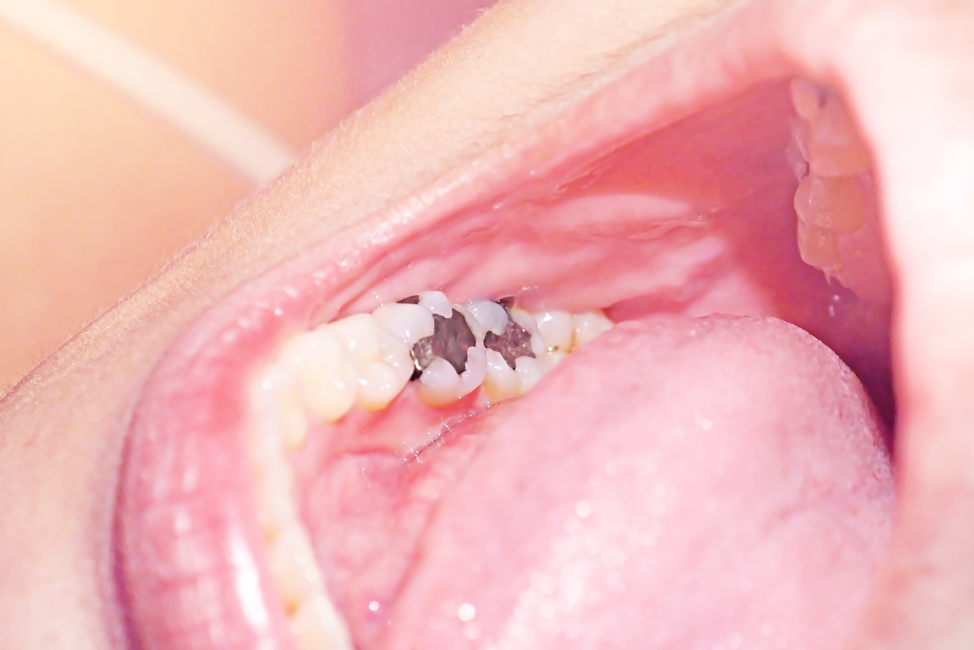
08 Oct Dental Office Treatments for Cavities in Evanston
Cavities can cause a lot of pain, and if left untreated they can lead to infections, tooth decay, and even tooth loss. They are usually visible as dark crevices on the surface of a tooth, but some may be harder to spot than others. This is why it is important to have regular checkups at the dentist, who will be able to detect cavities using a variety of instruments and techniques. For example, a dentist may use a probe to check for soft areas of the surface of the tooth, or they may use dental x-rays to determine the extent of the cavity.
The Various Evanston Area Dental Office Cavity Treatment Options
Regular checkups with your dentist will help identify any cavities and other dental conditions before they become a much more serious issue. Small cavities require light treatment, which is faster, less uncomfortable, and less expensive. If left unchecked, tooth decay will likely progress to the point where it causes pain. At that advanced point, the treatment generally becomes more extensive.
Treatment will depend on the specifics of the situation and the severity of the cavity. The options include:
- Fluoride treatment – When detected early enough, some cavities will require a simple fluoride treatment that is meant to restore the enamel of the tooth and heal the cavity. The treatment consists of a varnish, foam, gel, or liquid which contains a high concentration of fluoride, which is added to the surface of the tooth using either a small tray or a brush.
- Filling – Fillings are also known as restorations, and they are generally the main treatment option once the cavity passes the initial stages of development. The treatment involves cleaning out the decayed area of the tooth and adding a tooth-colored material such as porcelain, various composite resins, or dental amalgams created from several other materials.
- Root canal – Root canals become necessary when the decay reaches the pulp of the tooth. The pulp is contained within the tooth, and when a cavity reaches the pulp, the damage to the tooth can be fairly extensive. The tooth may also be infected, and the cavity can be quite painful. The treatment procedure involves cleaning all the decayed material, along with adding medication to the pulp in order to clear any signs of infection. A filling will then be added to replace the pulp and restore the structure of the tooth.
- Tooth extraction – Cavities can reach a point where the tooth is so severely decayed that it cannot be restored to its original shape. This is when tooth extraction is the best treatment option. An extraction will leave a gap that will allow neighboring teeth to shift around, so a dental implant or a bridge is generally recommended to replace the missing tooth.
Getting Ready for the Evanston Dentist Office Visit and Treatment
Before your appointment, it is generally recommended to make a list of all the medications and supplements you take regularly, along with their dosage. You also want to add any allergies to the list, and whether you have negative reactions to local anesthetics. Make sure that you have a meal beforehand, because you may not be able to eat for a few hours after the procedure. And of course, make sure that you brush and floss your teeth!
Contact the Premier Dental Office and Dentist for Cavity Treatment in the Evanston Area
If you are having issues with cavities in the Evanston area, contact us today and we will set up an appointment. It’s very important to get ahead of these dental issues in order to save money and a lot of toothache along the way. We also recommend creating a regular checkup schedule in order to detect any problems as fast as possible. The professionals at Dental Innovations are the people to see!


